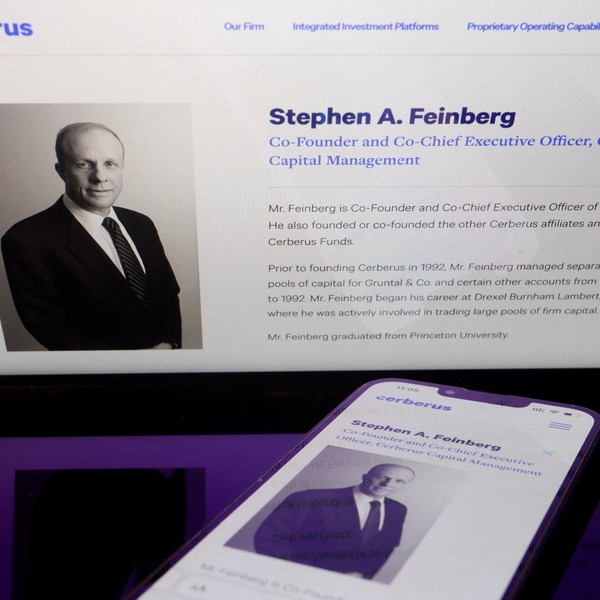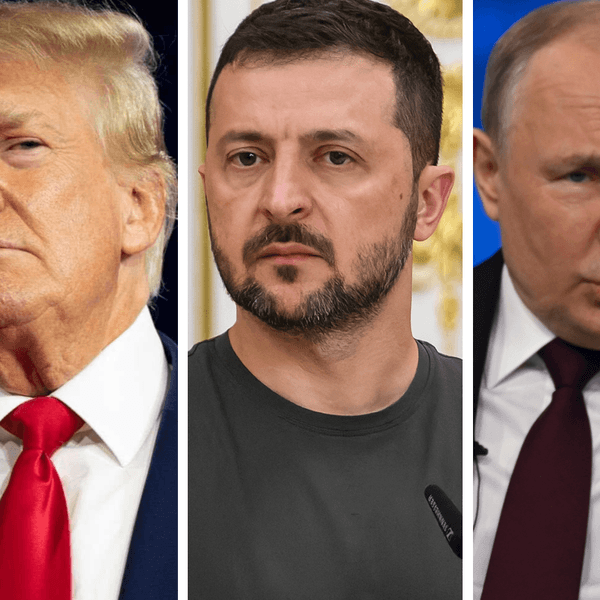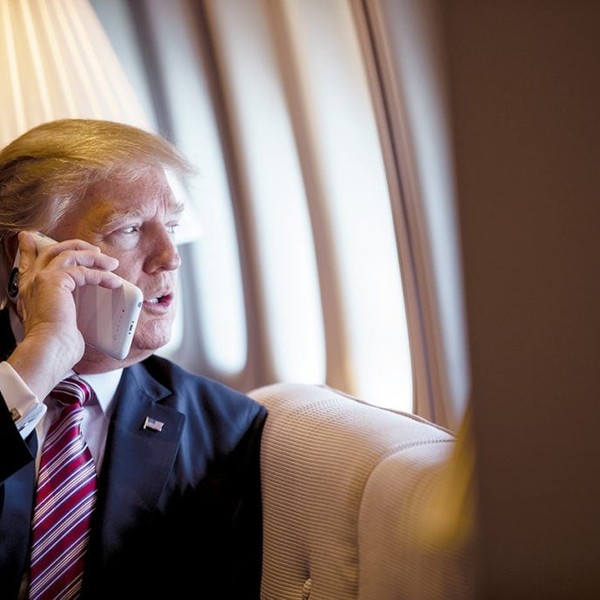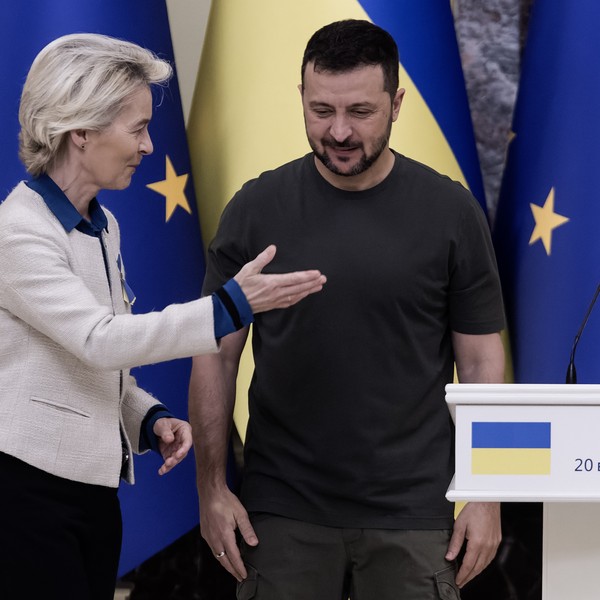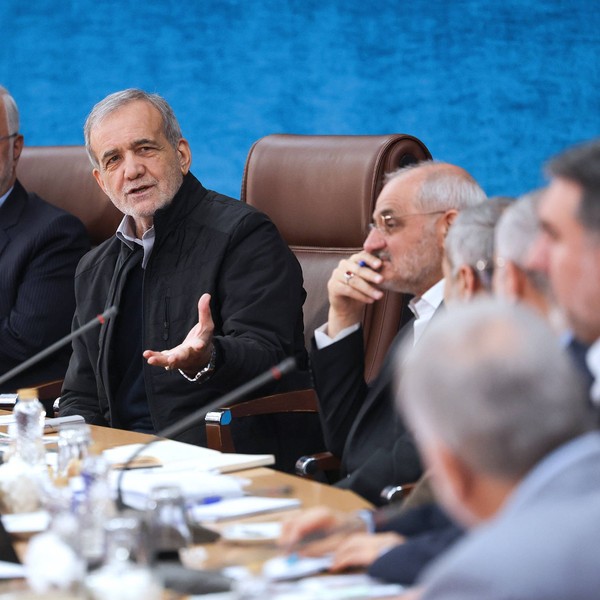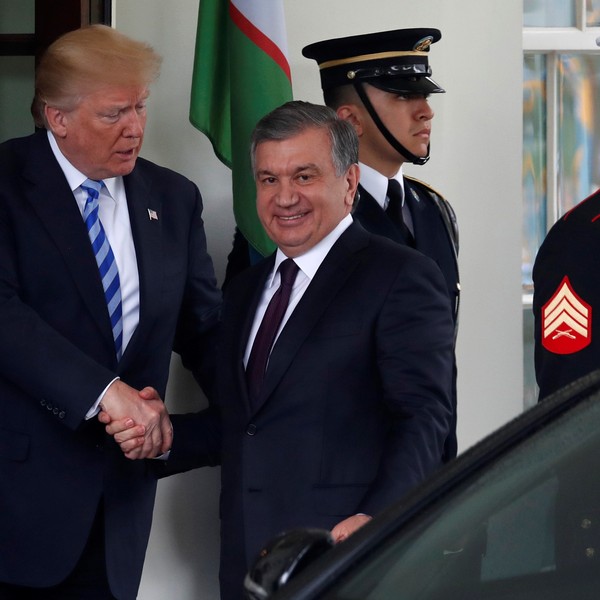Newly minted Republican senator JD Vance came right out of the gate on Ukraine aid last week, making not a strong case for more, but for oversight on the billions already allocated to Kyiv last year.
He and three dozen other Republican senators and members of the House of Representatives sent a letter to Shalanda Young, the director of the Office of Management and Budget, urging a full accounting of the level and scope of the security assistance sent to the war ravaged country to date.
“Taken together, the four Ukraine supplemental spending bills passed since the escalation of the Ukraine/Russia conflict in February of 2022 amount to arguably the fourth-largest discretionary appropriations bill,” the letter reads, calling on the OMB to release a “crosscutting report on U.S. government-wide expenditures for Ukraine and ‘countries impacted by the situation in Ukraine’ since February 24, 2022.”
“The report should include a full accounting of total budget authority in this area by appropriations account after transfers and reprogramming, as well as obligations, apportionments, and outlays for each account,” it adds.
As of January 1, the U.S. government has allocated $113 billion in aid to Ukraine, some $67 billion of that to defense-related needs (which also included funds for allies in the region and the U.S. military).
The existence of the letter was first reported by Fox News on January 10, and the first draft of the letter — published by Politico’s NatSec daily that same day — did not contain any signatories. The letter sent last week was signed by seven senators and 30 House members. It marks one of the first actions Vance has taken since his inauguration to the Senate earlier this month.
“I am pleased to see JD Vance join the increasing number of Republicans in Congress that are questioning the American foreign policy status quo” Dan Caldwell, vice president for foreign policy at the conservative organization Stand Together, told Responsible Statecraft. “It’s always a good thing when a newly elected official keeps their campaign promises and one of the things that JD Vance campaigned on was pursuing a more realist American foreign policy.”
Alongside Vance, the six other signatories from the Senate are Rand Paul (R-Ky.), Mike Lee (R-Utah), Bill Cassidy (R-La.), Mike Braun (R-Ind.), Josh Hawley (R-Mo.), and Cynthia Lummis (R-Wyo.).
“Politicians have given over $100 billion of taxpayer money to Ukraine,” a spokesperson for Senator Paul wrote to RS in an email. “Taxpayers deserve to have a full accounting of how their money is being used overseas, particularly before even more is asked of them and especially since priorities in our own nation are being neglected.”
On January 11, Vance told the Washington Post in a statement, “The American people deserve to know the extent to which they are underwriting our government’s endeavors in eastern Europe.”
The letter was sent against a backdrop of important developments regarding U.S. support for Ukraine, both domestically, and on the battlefield.
In its earlier reporting this year, The Washington Post called Vance’s missive the “first Ukraine test” for the new Congress. New House Speaker Kevin McCarthy (R-Calif.), who is not among the letter’s signatories, pledged last year there would be no “blank check” for Ukraine if his party took over Congress. In the prolonged fight for the speakership in early January, Republican holdouts were rumored to have pushed for a Pentagon budget cut, likely fueled in part by opposition to ongoing aid to Ukraine, as part of the deal that clinched the gavel for McCarthy.
But the signatories of this letter include a mix of McCarthy supporters, notably Thomas Massie (R-Ky.), Marjorie Taylor Greene (R-Ga.), and Nancy Mace (R-S.C.) and McCarthy opponents, such as Matt Gaetz (R-Fla), Lauren Boebert (R-Colo.), and Chip Roy (R-Texas). In addition, polling shows a slight majority of Republican voters support sending military aid, though that number has dwindled from 80 percent in March to 68 percent in July to 55 percent in December, according to surveys from the Chicago Council on Global Affairs.
Meanwhile, the United States and Germany have reportedly agreed to send battle tanks to Ukraine. As Connor Echols wrote in RS on Tuesday, “The decision comes after a week of tense negotiations in which Berlin made clear that it did not want to be the first to provide Kyiv with tanks, which Moscow will no doubt view as a significant escalation of NATO involvement in the conflict.”
The letter can serve as a signal to the Biden administration, but may not accomplish much on its own. “It’s important for Congress to demand accountability and transparency from the executive branch, but ultimately I don’t think there will be a true audit or effective oversight of aid to Ukraine without legislation,” says Caldwell. There is some belief among congressional observers that such legislation may be introduced in Congress in the near future.
Vance’s letter says that a report be made public “before a vote on any additional Ukraine-related appropriation occurs,” seemingly indicating that signatories will not vote in support of further funding for Ukraine without such a report being released. The letter asks for a response from the OMB director by February 7.





